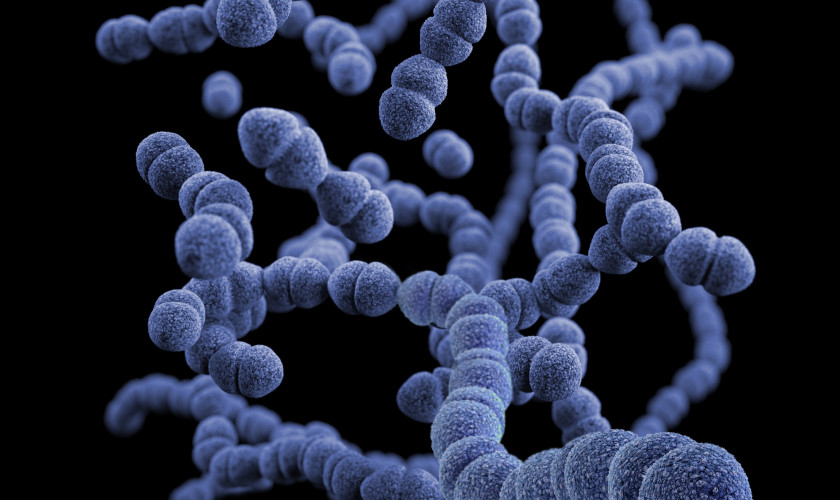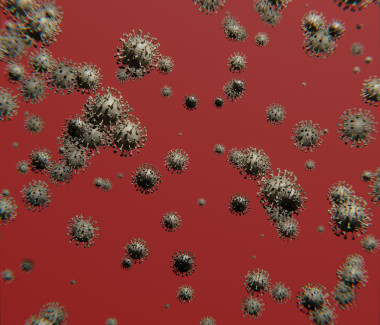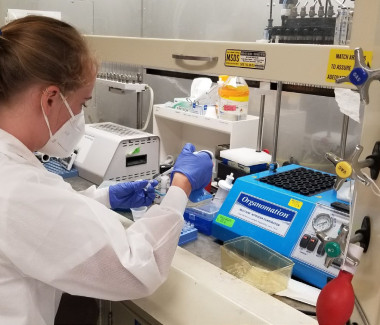In the laboratory several PhD students and postdocs are working on Candida albicans and Candida glabrata, the two most common human fungal pathogen Candida species. Our group focuses on in vitro and in vivo biofilm formation, the latter one in a subcutaneous rodent model system. We are also mainly interested in how these cells can sense where they are in the host. We mainly focus on the sensing of sugars and amino acids, with a specific focus on methionine as this amino acid is important for yeast-to-hyphae transition, an important virulence factor in C. albicans. We are also identifying the molecular mechanisms why the azoles, the most used class of antifungals are only fungistatic whereas their cellular target is an essential enzyme. We identified a novel mechanism of tolerance, which we are currently characterizing. Finally, we are also developing novel tools to be used in Candida species. We are generating the first genome-wide two-hybrid library to identify specific protein-protein interactions in C. albicans, that then may be targeted by small molecules in an effort to identify novel antifungal drugs. We are also developing FRET-based on BiFC-based biosensors to determine activity of certain pathways, e.g. the cAMP-PKA pathway. protein-protein interactions using confocal microscopy. Depending on the interest of the applicant, he or she can be enrolled in one of these topics. Guidance will be done by a PhD student or postdoc.
- Projects are available in the Fall and Spring semester.
- Number of places available: 1 per semester.
Prerequisites
- High level undergraduate student.
- Minimum GPA 3.4
- Biochemistry / Biotechnology / Biology, biomedical or Bioengineering student.
Faculty Department
Department of Biology / Laboratory of Molecular Cell Biology (MCB).
In the MCB lab we are mainly interested in nutrient-induced signal transduction pathways in yeast and Candida albicans. C. albicans is an opportunistic human fungal pathogen that may cause dead in the immuno-compromised patient population. We are mainly interested in the pathways that result in morphogenesis and in biofilm formation. The second part of the group is working on plant stress tolerance with a focus on trehalose metabolism. Trehalose is a well-known stress protecting sugar in microbes but is absent in most higher plants despite the presence of many biosynthetic enzymes. So we want to investigate the function of these genes both in A. thaliana and Physcomitrella patens. The MCB lab is one of the eight departments of the VIB, a government funded biotechnology research institute where both top fundamental and applied research are equally important.



